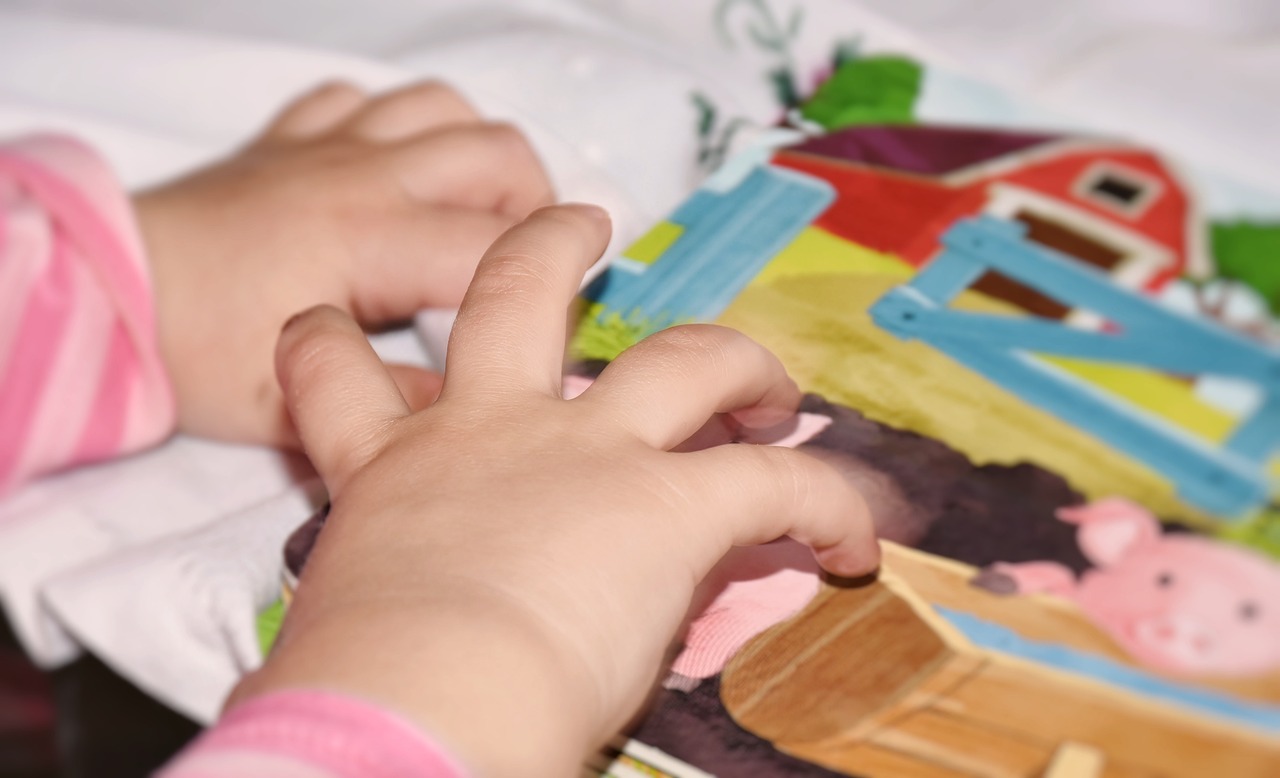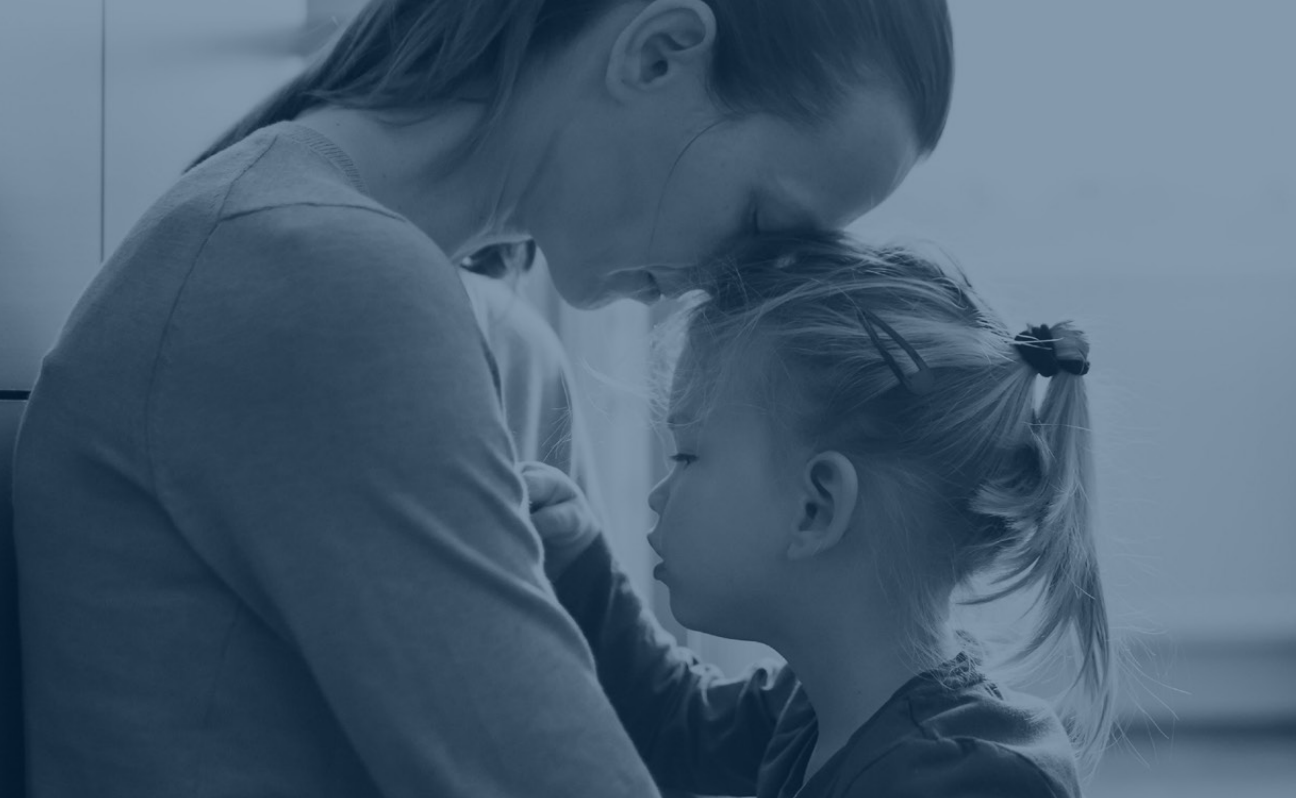European Parliament acknowledges link between institutions and trafficking
Following the suggested amendments to the revised EU Anti-Trafficking Directive by CSOs, MEPs formally recognise trafficking links to institutionalisation in latest directive.
In March 2023, Hope and Homes for Children, Eurochild, and ten other child rights and disability rights NGOs and networks, suggested amendments to the revised EU Anti-Trafficking Directive aimed at strengthening measures to protect children without parental care from trafficking. The relevant European Parliament Committees voted on the directive on 5 October, and as a direct result of our active engagement, most of our amendments appear in the European Parliament’s position.
The link between trafficking and child institutionalisation
Children in institutions are particularly vulnerable to exploitation. The Parliament’s report identifies the exploitation of children in, and from, institutions as a specific type of trafficking. It imposes an increased penalty on perpetrators if the crime of trafficking is committed against children from institutions. Member States must also ensure that child protection systems, including residential institutions, develop specific plans to prevent child trafficking.
Protecting children without parental care from trafficking
The directive places a strong emphasis on protecting children throughout identification, reporting, referral, investigation and recovery processes. Law enforcement authorities and other professionals should adopt an intersectional approach when supporting victims. To ensure this, Member States must provide training on interacting with victims in a gender, disability and child-sensitive way. They must involve civil society organisations in the early detection and identification of victims. And they must ensure when recovering child victims they do not deprive them of their liberty. The Parliament also recognises the importance of providing support to
- the children of victims,
- children who have witnessed trafficking, and
- children who have been deprived of parental care as a result of trafficking.
Comprehensive measures to prevent trafficking
The European Parliament’s position introduces strong measures to prevent trafficking. Member States must now conduct awareness campaigns to address stereotypes that contribute to trafficking, and undertake in-depth qualitative research to examine the root causes, prevalence, and impact of child trafficking. To ensure a coordinated effort, states must also integrate anti-trafficking measures into emergency response plans. Moreover, they must represent children deprived of parental care in data collection mechanisms. Programmes to support children’s transition to adulthood are also included in the preventive measures.
Next steps
Parliament is now entering tri-lateral negotiations with the European Commission and the Council of the European Union to agree on the final text of the Directive. EU directives are legal instruments that provide common rules for all EU Member states, with each country required to incorporate them into their national laws. Therefore, the incorporation of our amendments in the final text significantly strengthens the measures to tackle child trafficking throughout the EU. We are committed to ensuring that all parties preserve our amendments during this crucial negotiation phase.
Francesca Pisanu, EU Policy and Advocacy at Hope and Homes for Children




